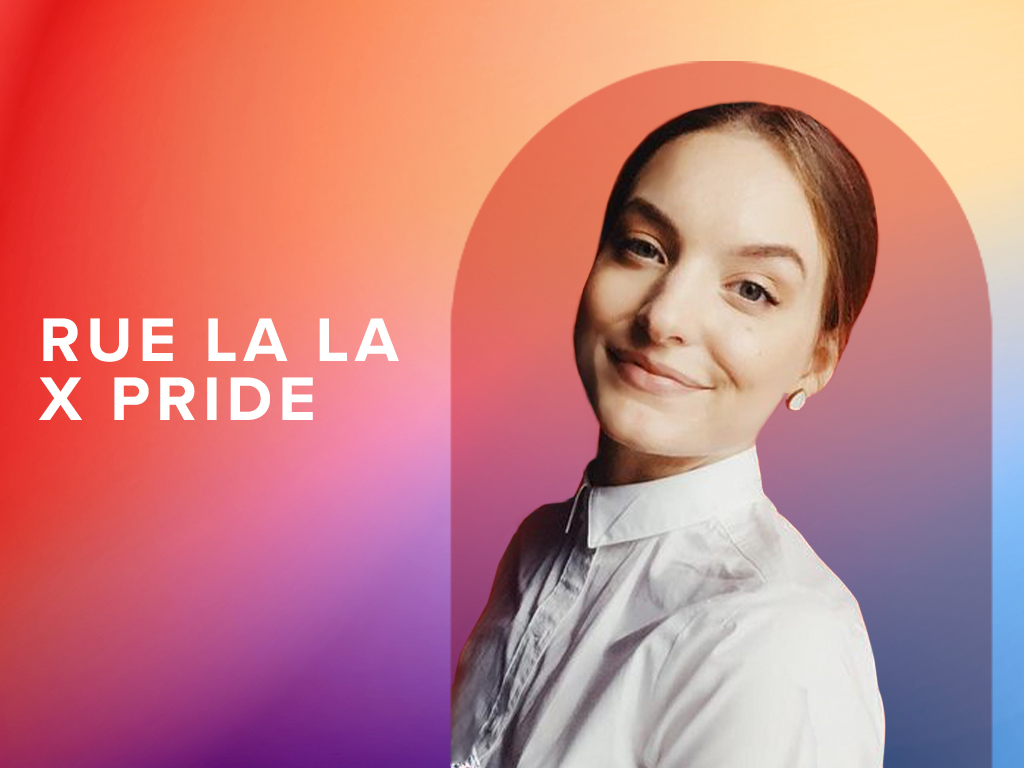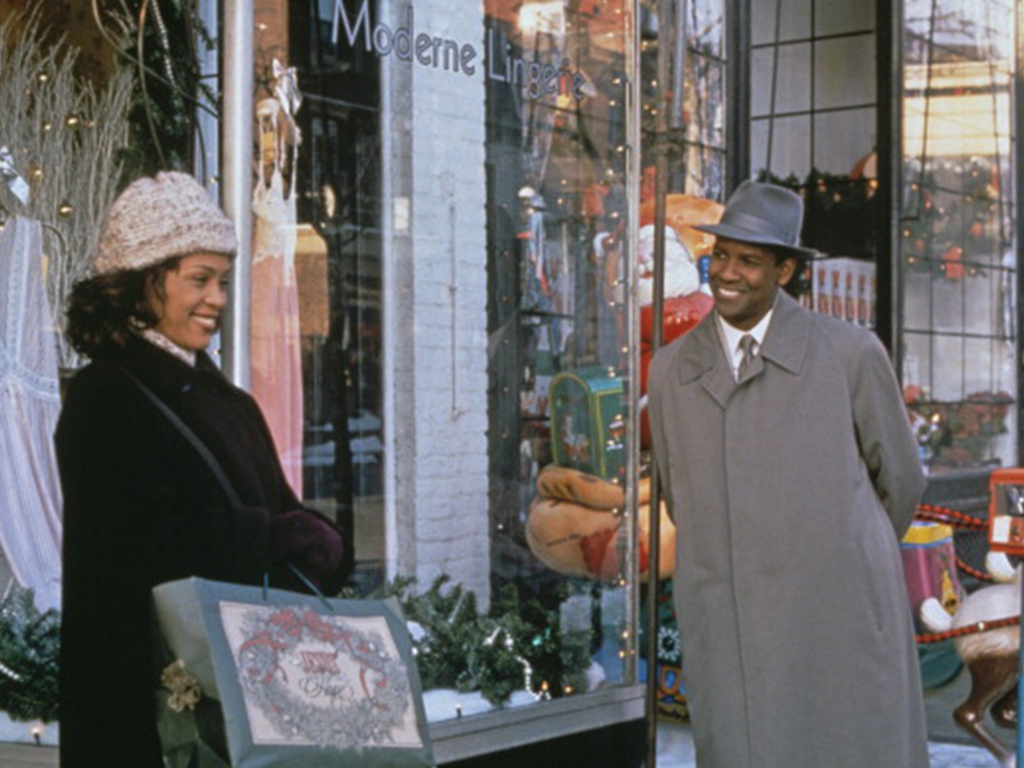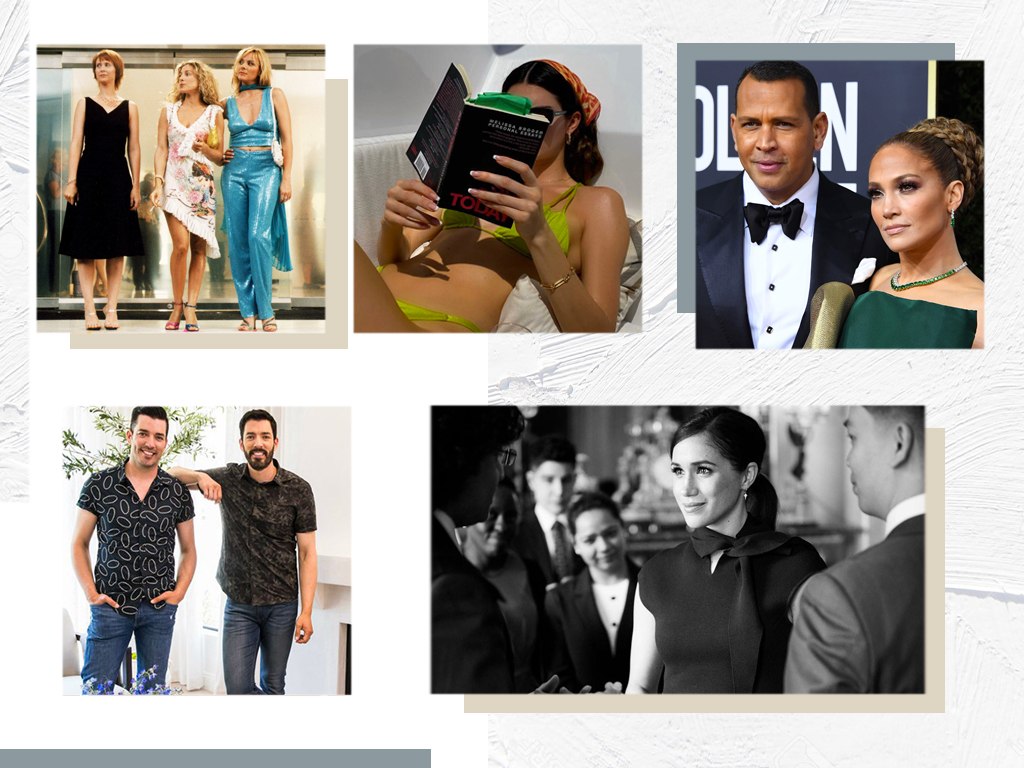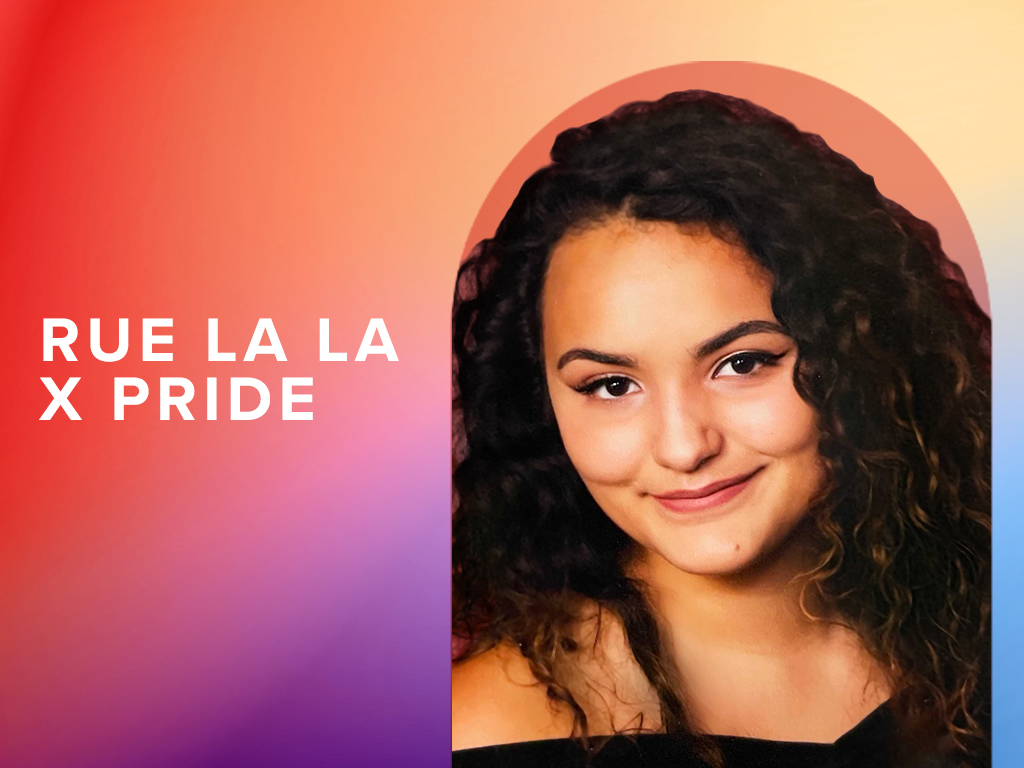This Open Letter series features stories written by our own Associates to highlight their experiences within the LGBTQ+ community. This week’s letter is from Associate Designer Melinda Freund, who initially shared her story with our DEI group during the summer of 2020.
It takes some time, and definitely patience. Coming out wasn’t what I thought it would be. It wasn’t an immediate weight lifted. It wasn’t a courageous moment announcing who I am and who I’ve always been. I came out not knowing who I was. And that felt completely inconsistent with all the stories I had heard about coming out up until that point.
Right after high school I was dating someone who my parents trusted with me. That was a big deal. I had only ever dated people who, and maybe it’s the designer in me, I thought I could change. But Connor was the type to settle down in his hometown, make a comfortable living, and live what so many view as the traditional dream life. It sounded like something I should be grateful for. I tried to want that, but something made me feel like that wasn’t my path and I couldn’t pinpoint why. We had a long-distance relationship with me living in Connecticut and him going to school in Virginia. I didn’t have to think about it too much. The relationship was just kind of there.
We were about a year and a half into our relationship when I enrolled in community college in the graphic design program. I walked into my first design course and sat down in a seat closest to the door, with a full view of the room. That’s my comfort zone. I sat next to a girl who made me nervous. I didn’t know what that meant at the time. Then she mentioned an ex-girlfriend and I got excited. I had never met a girl who dated girls before. As the semester progressed, we became close and I felt like I was sinking, and existing, between two worlds.
I had never consciously fantasized about being with a girl. I never felt like I was missing anything when I was dating boys in highschool (aside from the typical emotional voids that exist in young relationships). I never questioned dating guys, but then again I never really considered anything else. I assumed a straight identity because it didn’t really seem like there were other possibilities. I never questioned it, but I didn’t know to question it. I had a seemingly really good thing with the guy I was dating at the time; a really safe thing. Ending that for something I had never been challenged to consider or explore felt… big. Were those butterflies I felt for her? The idea of her? Was I just trying to be enough and live up to that oversaturated, typical male driven fantasy of two femme girls being together? Was I rejecting the traditional life he had planned for us so hard that I was willing to try something completely new? Was I stepping into a community that wasn’t mine just for attention? I didn’t know so I kept those two worlds separate for a while.
Then they collided. One night he came to my house early and she was dropping me off. I got out of the car and sat on the front steps of my parents’ house. He was next to me but I’d never felt further from him. He asked, “Melinda, are you gay?” It was the first time, maybe the only time, I had ever been asked that question. It stung of guilt, but warmed into relief. Still, as honestly as I could, I cried into my hands, “I don’t know.”
I still didn’t know after dating her for over a year. I never thought my feelings were enough to have a coming out talk with my family. I had never sat down with my parents to tell them I was dating someone before so it felt forced to start now. Besides I didn’t know how to address my sexuality, so better to just avoid the topic altogether.
My parents addressed the conversation on my 21st birthday while we were out getting drinks with my girlfriend (I still never addressed her that way in front of them). My mom started by telling us that my grandmother mentioned how “she loves that Melinda has such a close friend like Caitlin. I used to have a friend like that when I was younger.” My mom continued by asking, “How should I tell her, ‘No ya didn’t’?” It was a nonconversation. I was out to my parents without saying a word, but what did I just come out as? I was relieved that my relationship was acknowledged. My identity was dependent on who I was dating, and that was okay short term. I didn’t know anything else.
I was still uncomfortable in the queer scene. Having a girlfriend should have been enough. We had queer friends. But everyone seemed to have a preference for who they dated and I still didn’t feel that. I was dating a girl, but I didn’t think I was a lesbian. I held off really thinking about it for a while. I felt like I was floating through, dissociated from myself and everyone else. Pride felt like a place all are welcome, but I didn’t fully belong. Pride celebrations were for my girlfriend. They were for our friends. They were a celebration, in my mind, for people who knew exactly who they were. We once happened to be in Los Angeles, within earshot of LA Pride and I begged us not to go because I wasn’t comfortable. The idea of the parade felt intimidating, like a stampede. I felt like I would stick out. I was completely confident in and proud of our relationship, but I had no idea who I was.
I transferred from community college into Lesley University in Cambridge, MA. I suddenly had exposure to the queer community that I never had in my hometown in Connecticut. I learned about gender and sexuality beyond binaries. I learned about pansexuality; a sexuality that is attracted to and loves someone regardless of how they identify. That fits. That was how I felt. As soon as binary constructs were dissolved, I felt so much more receptive to my own thoughts and feelings. I finally felt like I was enough for myself.
It’s been years since I came out, and I’m still learning to be okay with how I exist in the world. As some of you remember, my fiance, Jackson, was our second Open Letter speaker, talking about his experience navigating gender identity. He and I encourage each other to look inward; just noticing feelings. We talk about identity a lot in our home, and all the intricacies within and beyond labels and language. It’s been a process in recognizing value and self-worth. I realized the importance of spending time with my thoughts. I still have to remind myself that it’s not selfish to spend time thinking about and learning about myself. That’s something I have lacked the drive to do in the past. Jackson’s journey with his gender-identity has helped me both find comfort in and explore my own identity – as a human. There is no pressure to define myself by limited language, but rather set the foundation of being human, and explore who I am from there. I’m learning that the person I have been in the past is enough; and every day that comes, I am enough as long as I’m aware, communicative, growing and allowing myself the space to just be. Identity isn’t just about who you’re attracted to, what you look like or what other people perceive you to be: it’s about feeling whole enough. Not always 100% but being honest with yourself. Identity isn’t limited to attraction or romantic labels but just being human. And that starts inward.
Questioning enoughness reaches beyond the queer community. It’s in friendships and questioning where I belong and if I’m being myself, or mirroring behavior to fit in. Enoughness comes into play when I have a work meeting loaded in my browser and wait 30 seconds to a minute before joining, camera off and muted, just so I’m not noticed. It’s why this letter was so hard to write. The feeling of community was always something that felt just beyond my reach. You fit or you don’t. Reshaping my definition of community to use the word “add” is something I have to commit to saying to myself. “I don’t fit in this community, I add to it.” Relieving pressure to be a fit is liberating. You can give more of yourself when imaginary boundaries are let go. Being human is enough.
By Melinda Freund, Rue Staff
![]()



